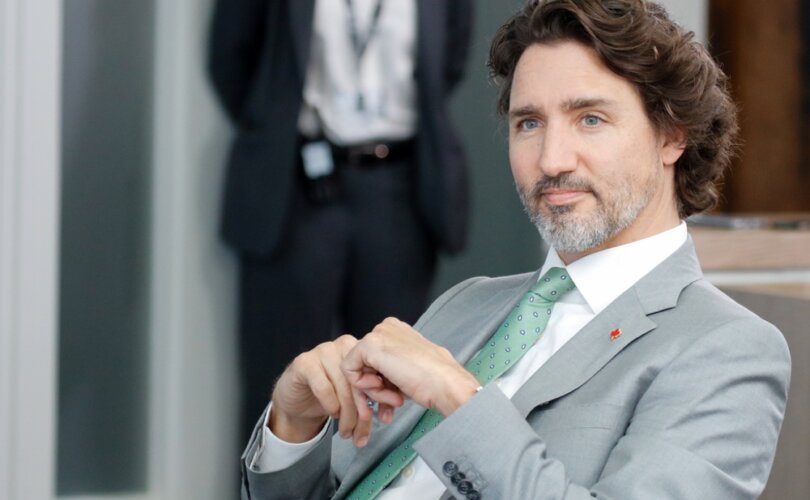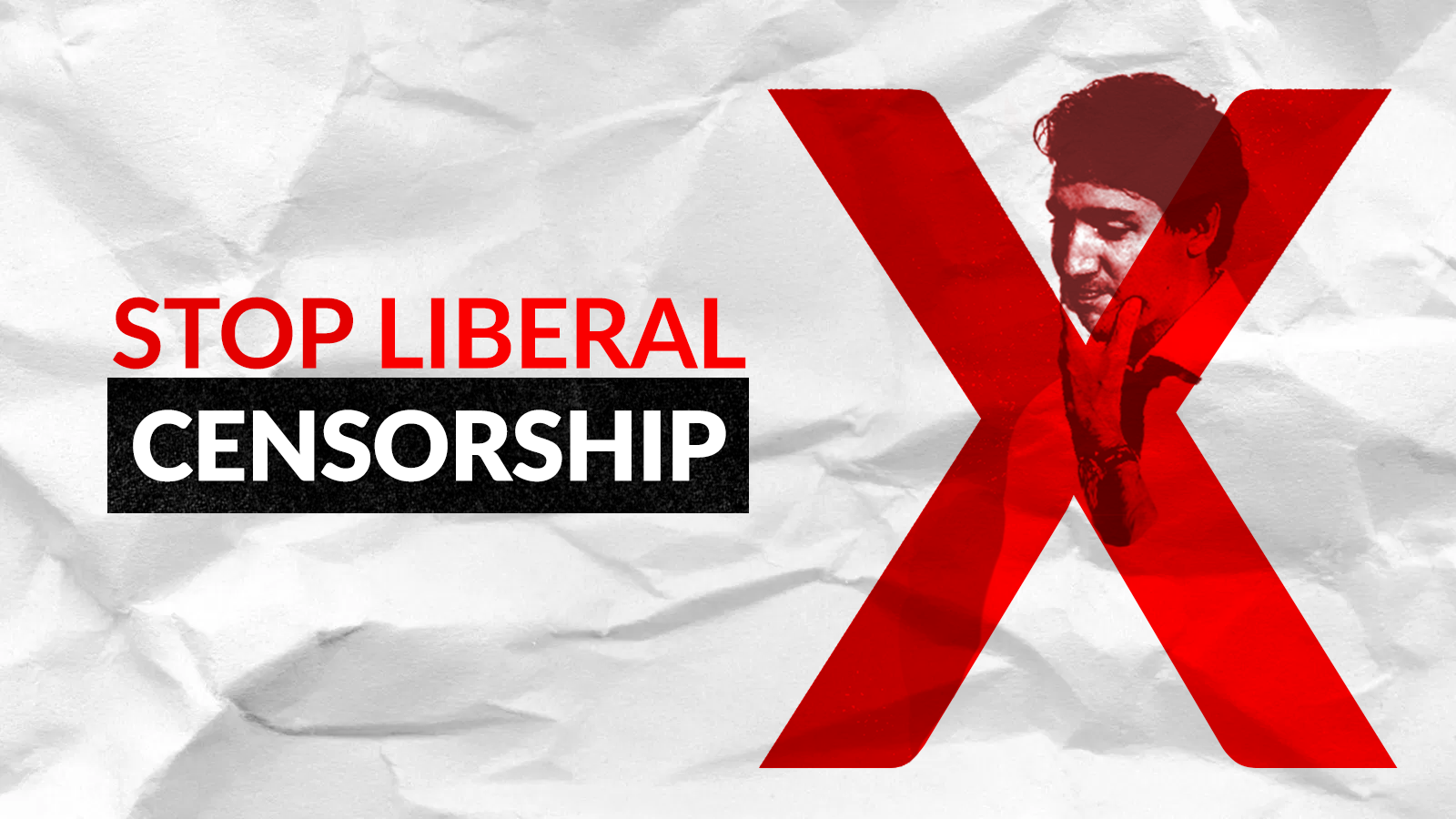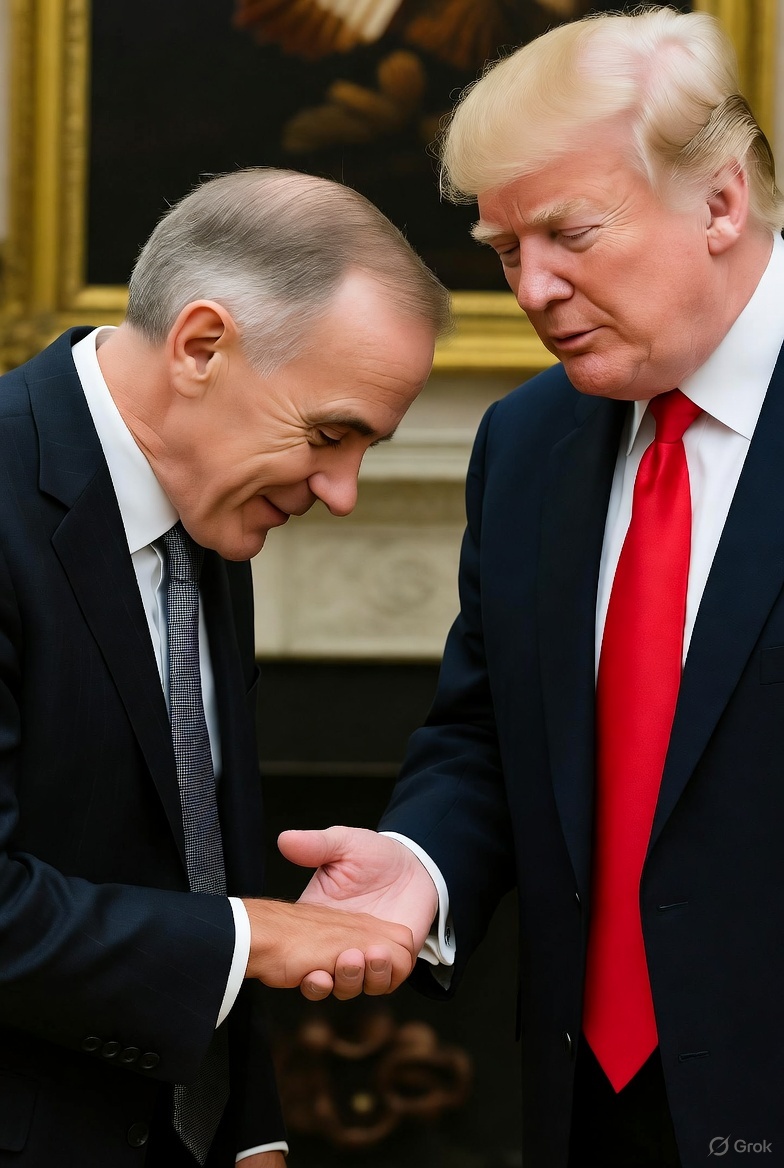looks like Prime Minister Trudeau has found himself in a bit of a pickle! Who knew that internet censorship and an abundance of LGBT swag could earn him the dubious title of “Canada’s least liked prime minister”? I guess he should have stuck to more conventional ways of leading the nation. But hey, you know what they say, “You win some, you censor some!”
In recent times, Canada has witnessed a surge of discontent towards its leader, Prime Minister Justin Trudeau. A survey conducted by Research Co. revealed that Trudeau holds the unenviable title of Canada’s least-liked prime minister in 55 years. This sentiment arises from widespread opposition to his government’s controversial internet censorship bills, C-11 and C-18, as well as the ongoing cost-of-living crisis engulfing the nation. Let’s delve deeper into the reasons behind this discontent and examine the impact of Trudeau’s policies on various aspects of Canadian life.
Is Justin Trudeau’s Unicorn-Riding-a-Rainbow Plan the Ultimate Solution for Everything?
Internet Censorship and Trudeau’s Unpopularity
The contentious internet censorship bills, C-11 and C-18, have been major contributors to Trudeau’s dwindling popularity. Bill C-18, also known as the Online News Act, received approval from Canada’s Senate in June and subsequently became law. Under this legislation, online tech companies are obligated to pay publishers for news content shared on their platforms. Additionally, the Canadian Radio-television and Telecommunications Commission (CRTC) gained the authority to determine which news content qualifies for special privileges, including financial kickbacks from Big Tech platforms.
Trudeau’s Criminal Kin: The Untold Story
However, this move faced significant backlash from industry giants like Google and Meta (parent company of Facebook and Instagram). In response to the law, these companies chose to remove news content for Canadian users rather than comply with the payment mandate. Consequently, Canadians have lost access to valuable news sources, such as LifeSiteNews on Instagram.
Contradictions in Trudeau’s Stance
Interestingly, Trudeau’s response to Google’s actions appeared contradictory. The government amended the internet censorship act to no longer force companies to pay for Canadian news content, instead offering “non-monetary offerings.” This amendment contradicted Trudeau’s earlier remarks where he condemned Google’s censorship as an “attack” on Canadians. Such discrepancies in stance have further fueled disapproval of Trudeau’s leadership.
Concerns Over Access to News and Rising Interest Rates
The angst among Canadians over the internet censorship issue is evident in a survey by the Angus Reid Institute, which highlighted their worries about losing access to news due to Bill C-18. This concern reflects a broader sentiment of feeling abandoned by Trudeau’s administration, especially as citizens contend with rising interest rates and soaring food prices.
Prioritizing Political Correctness over Military Readiness
Another area of concern lies in Trudeau’s priorities, which appear to prioritize political correctness over military readiness. A recent incident involving Canadian soldiers in Latvia added to the public’s frustration. The government left Canadian troops to fend for their own military gear while providing better-equipped supplies to recently arrived Danish soldiers. This move has left many questioning the government’s commitment to the well-being of its own military personnel.
Comparing Leadership Rankings
In the Research Co. survey, Trudeau ranked as the least liked prime minister, with 45 percent of respondents holding a negative view of him in Alberta, 36 percent in British Columbia, and 36 percent in Saskatchewan and Manitoba. Following Trudeau, former Conservative Prime Minister Stephen Harper garnered 18 percent of the disapproval votes. Interestingly, Trudeau’s father, former Prime Minister Pierre Elliot Trudeau, was ranked as Canada’s most-liked leader, with Harper coming in second.










